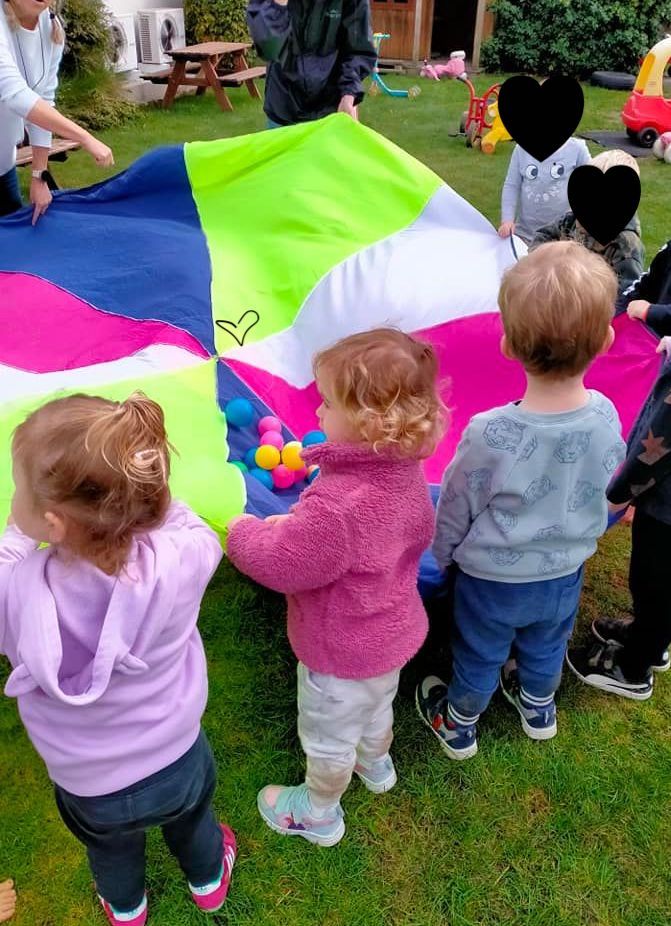Play is the most important part of learning


It is easy to get caught up in the thought that ‘my child is just playing’ so they aren’t engaged in “proper learning”. But if we take the time to observe them in their play we will discover it is exactly the opposite!
Learning in early childhood is less about the formal “1,2,3’s and A,B,C’s” and more learning through play; engaging their young brains to develop every skill they need so that when the time comes for formal learning, they are best placed to do so.
There are loads of ways to play for young children and it is central to their learning in many areas.
Let’s take a look at ways to play!
There is sensory play, role play, construction play, transport play, make-believe or imaginative play, repetitive play, creative play, messy play, dramatic play, water play, free play, heuristic play, open-ended play, there is child-led play (unstructured and with no outcome in mind), adult-led play (structured with outcome in mind) musical play, social and solitary play – The list goes on and when we let our Tamariki/Children engage in these types of play the learning outcomes are always going to be endless.
When our tamaiti/child is learning through play they gain a curious and inquisitive love of learning and discovering new things! Not only this, but they are also learning trial and error which helps them to become tamariki/children who can problem solve. They are building a sense of self and understanding of how the world around them works. They are learning to use all of their senses, developing large and fine motor skills, and obtaining skills to navigate social settings with their peers. It is where they find their own interests and strengths. It is important to note that play is naturally beneficial to a tamaiti/child’s communication, language and literacy development too!
The New Zealand Early Childhood Curriculum Te Whāriki supports holistic development of Tamariki/Children and it sees play as a vehicle through which they can be affirmed and empowered (MoE 2017)
All of these play experiences build connections in the brain which help with their social, emotional, physical and cognitive development. So play, play and play again with your Tamariki.



